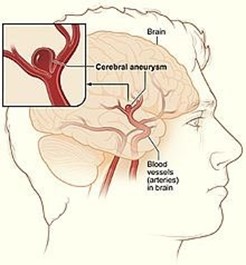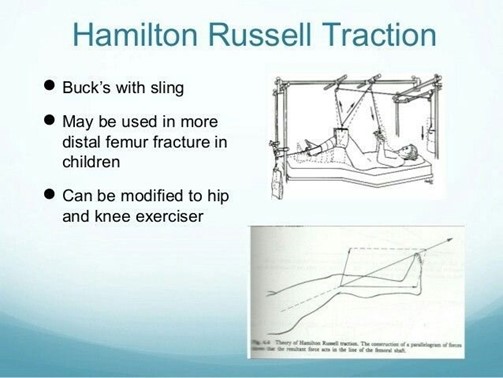A nurse is collecting data from a client who is 6 days post craniotomy for removal of an intracerebral aneurysm. The nurse should monitor the client for which of the following manifestations of increased intracranial pressure?
Peripheral edema
Diarrhea
Decreased pedal pulses
Hypertension
The Correct Answer is D
A nurse collecting data from a client who is 6 days post craniotomy for removal of an intracerebral aneurysm should monitor the client for hypertension as a manifestation of increased intracranial pressure. Increased intracranial pressure can cause changes in blood pressure, including hypertension.
a. Peripheral edema is not a manifestation of increased intracranial pressure. Peripheral edema is swelling in the extremities and can be caused by a variety of conditions.
b. Diarrhea is not a manifestation of increased intracranial pressure. Diarrhea is loose or watery stools and
can be caused by a variety of conditions.
c. Decreased pedal pulses are not a manifestation of increased intracranial pressure. Decreased pedal
pulses can indicate poor circulation to the feet and can be caused by a variety of conditions.

Nursing Test Bank
Naxlex Comprehensive Predictor Exams
Related Questions
Correct Answer is A
Explanation
The first action the nurse should take is to test the drainage for glucose. Clear drainage from the nose following a basal skull fracture could indicate a cerebrospinal fluid (CSF) leak. CSF contains glucose, so testing the drainage for glucose can help determine if it is CSF.
b. Taking the client's temperature is not the first action the nurse should take.
c. Notifying the charge nurse is important but not the first action the nurse should take.
d. Placing a dressing under the client's nose is not the first action the nurse should take.
Correct Answer is A
Explanation
The nurse should tell the newly licensed nurse that Russell's traction uses a sling under the knee to treat a fracture of the femur. Russell's traction is a type of skin traction that is used to immobilize and align a fractured femur. It involves placing a sling under the knee and applying weights to the affected leg to provide continuous traction.
Russell's traction does not use a cervical halter, skeletal pins, or a pelvic girdle belt. A cervical halter is used to treat neck injuries. Skeletal pins are used in skeletal traction to stabilize fractures. A pelvic girdle belt is used to treat lower back pain.

Whether you are a student looking to ace your exams or a practicing nurse seeking to enhance your expertise , our nursing education contents will empower you with the confidence and competence to make a difference in the lives of patients and become a respected leader in the healthcare field.
Visit Naxlex, invest in your future and unlock endless possibilities with our unparalleled nursing education contents today
Report Wrong Answer on the Current Question
Do you disagree with the answer? If yes, what is your expected answer? Explain.
Kindly be descriptive with the issue you are facing.
